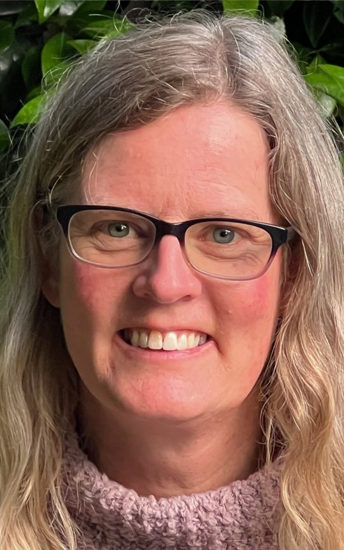Advanced Topics in Religious Education and Faith Formation

COURSE START DATE: FEB. 6th
The current climate crisis calls for innovative approaches to religious education and faith development in congregations and other organizations of sacred activism. Religious and spiritual communities with a vision for a just and compassionate transition will be called on in unprecedented ways to take leadership in the public sphere. How can leaders, both lay and ordained, grow their own capacities and those of the people they serve to face human complicity and responsibility? This seminar style course will be developed in collaboration with the research interests and ministry goals of the participants with a focus on growing relational and spiritual capacities to live, love, lead, and die on a transforming planet where all life is connected. Students who choose to will have an opportunity to develop a workshop for a conference tentatively entitled Visioning Multigenerational Futures Collaboratory: Capacity Building for the Emerging Futures to be held May 23-25, 2025 as joint endeavor with Starr King School for the Ministry, the Unitarian Universalist Church of Berkeley, and leadership in the Unitarian Universalist’s Pacific Central region.
Each student will develop their reading list and course of study with the instructor’s guidance, and the entire class will be a resource for one another and benefit from the collective learning.
Evaluation based on periodic class presentations, interview with the instructor, and a final project.
SKSM Thresholds Seven: Educating for Wholeness & Liberation and One: Life in Religious Community & Interfaith Engagement. MFC competencies 3 and others depending on students’ project. Prerequisite: Introduction to Religious Education or Adult Faith Development or equivalent professional experience and training. Suitable for MASC, MDiv, and certificate students.
Max. 20 students. Auditors excluded.
